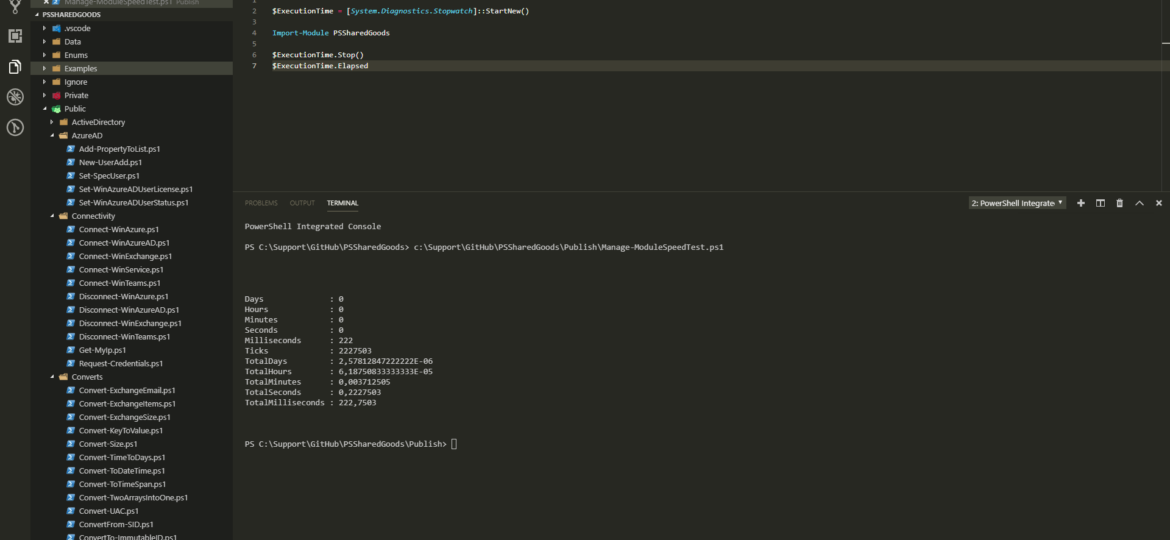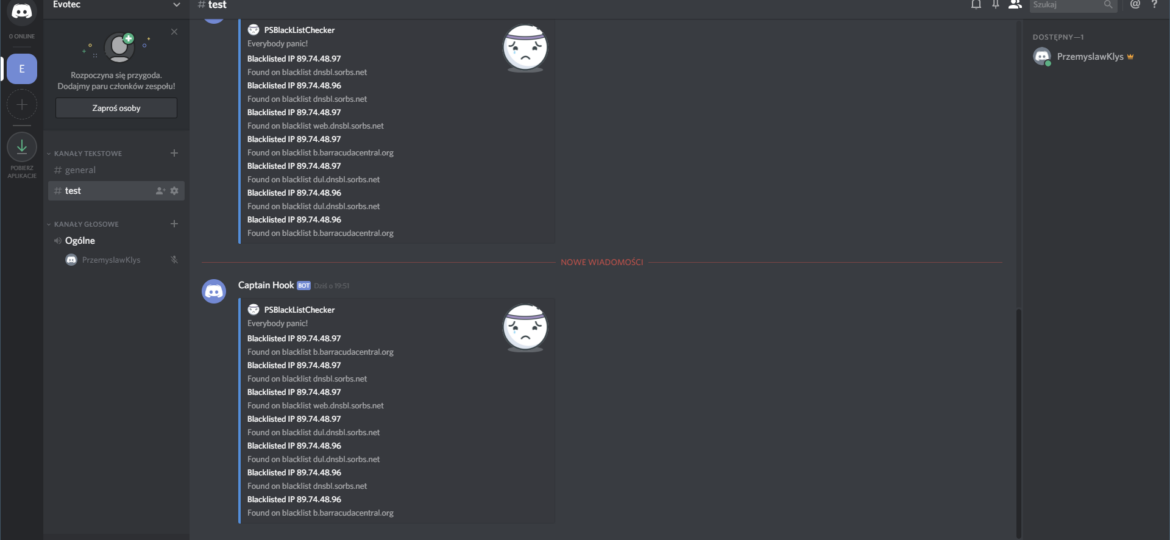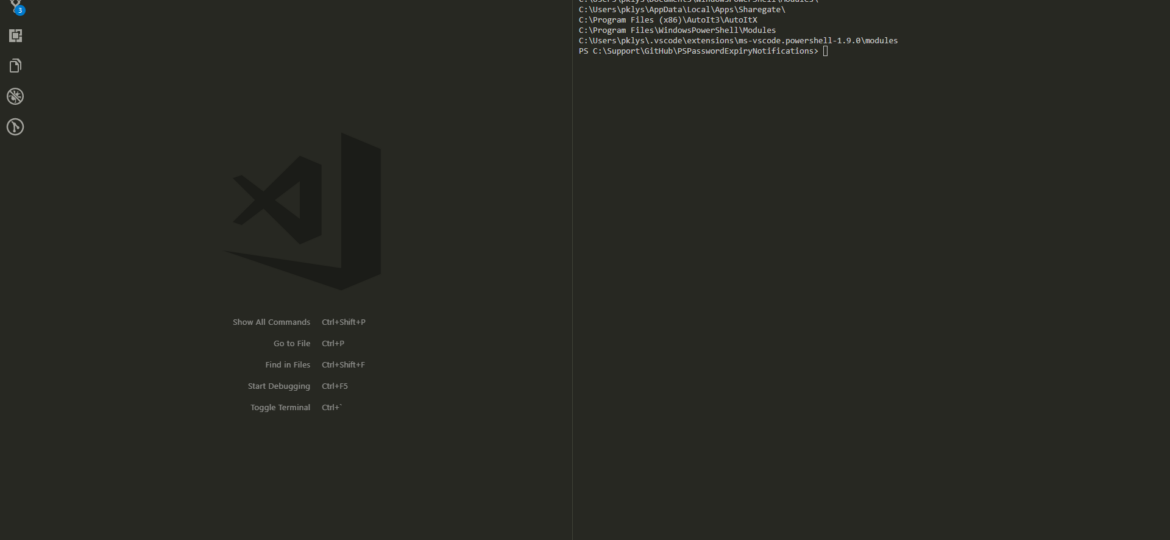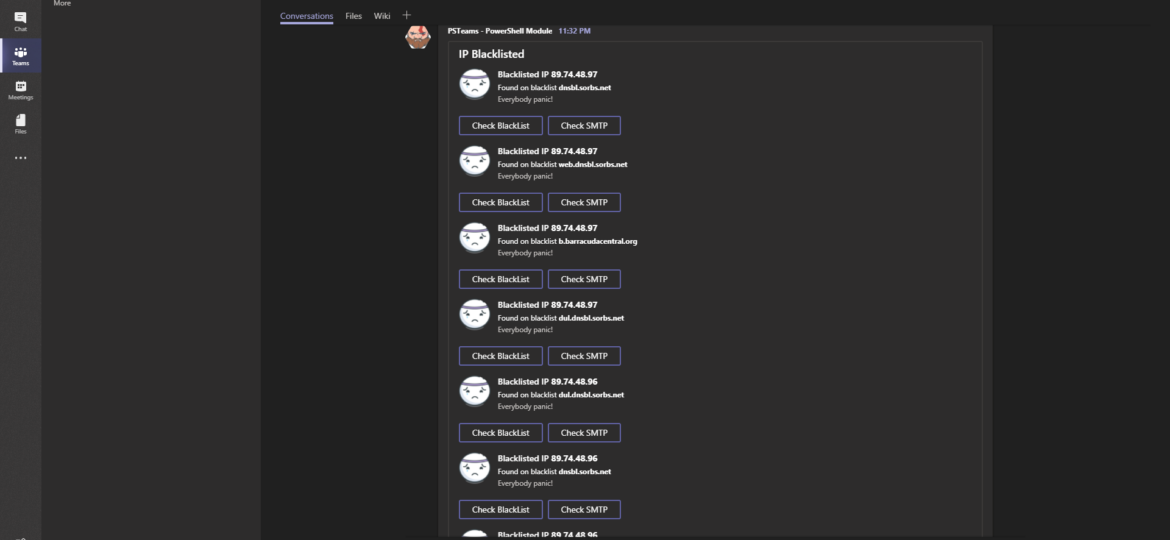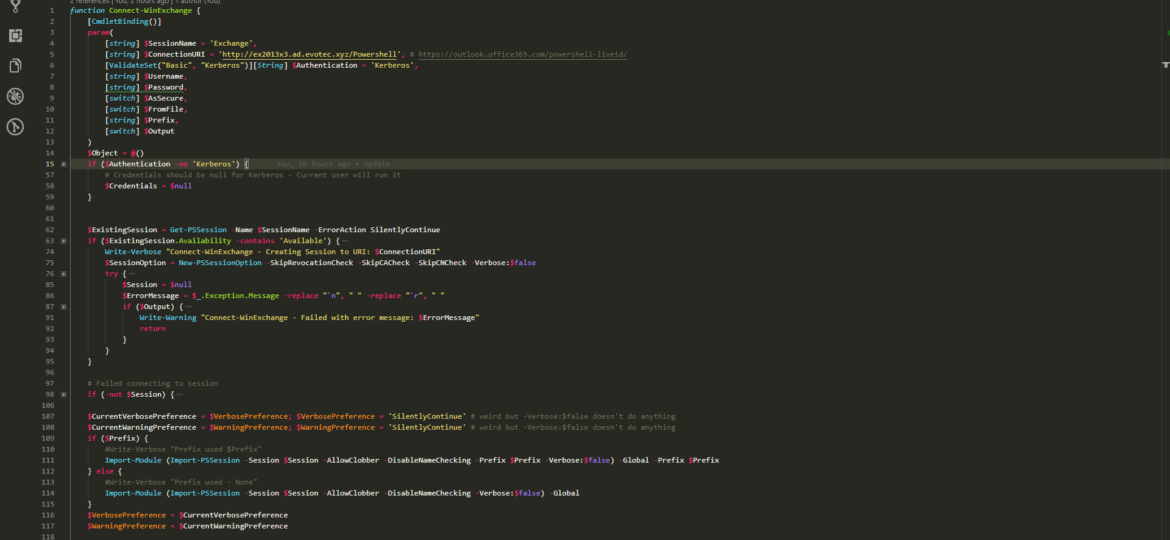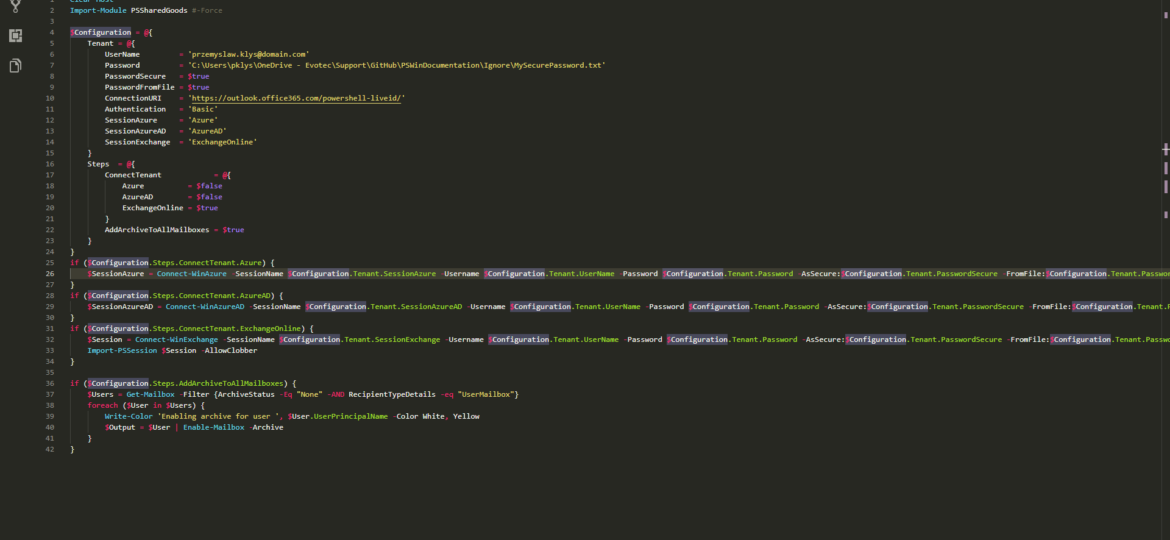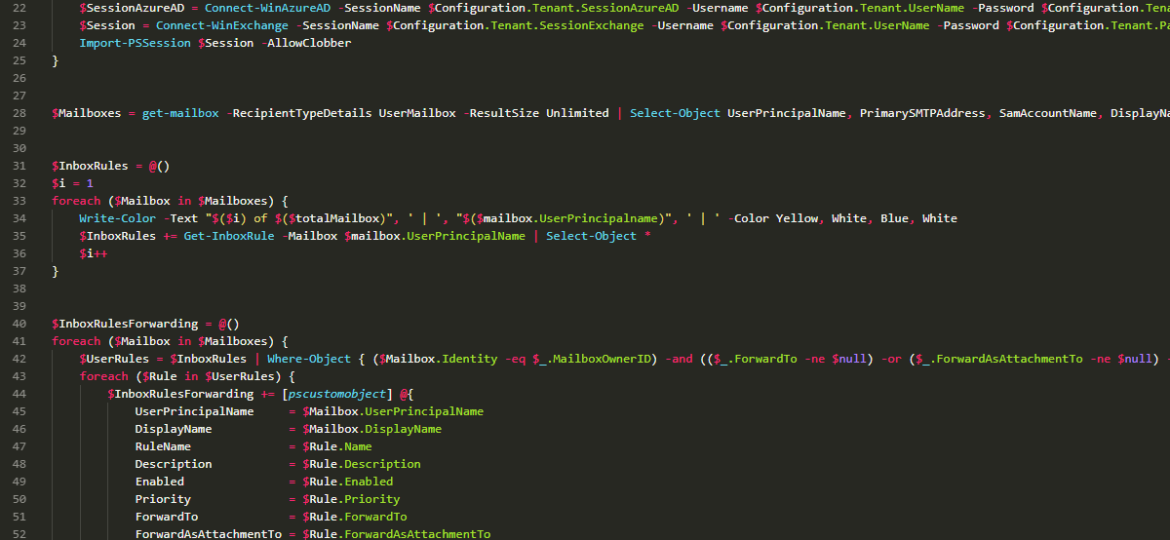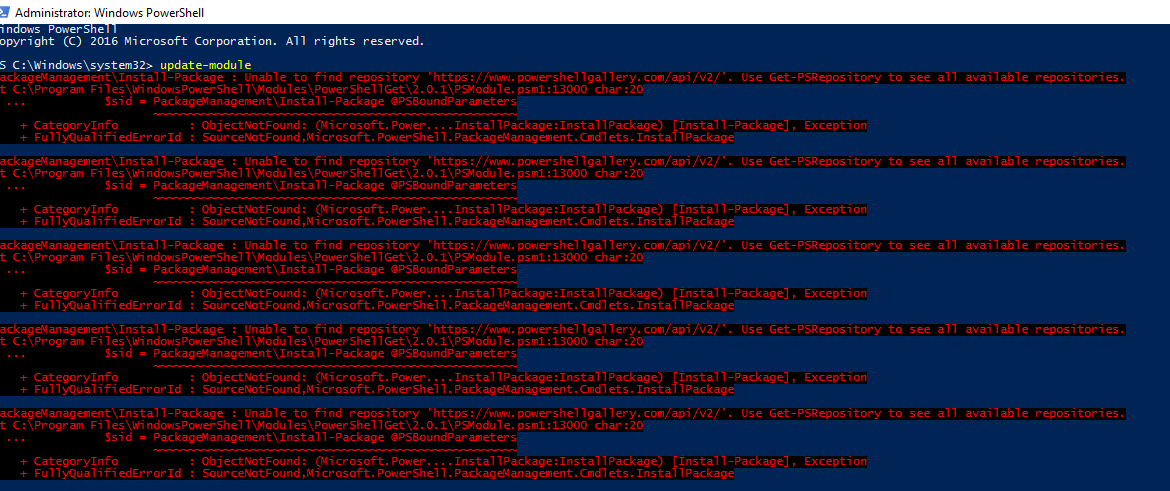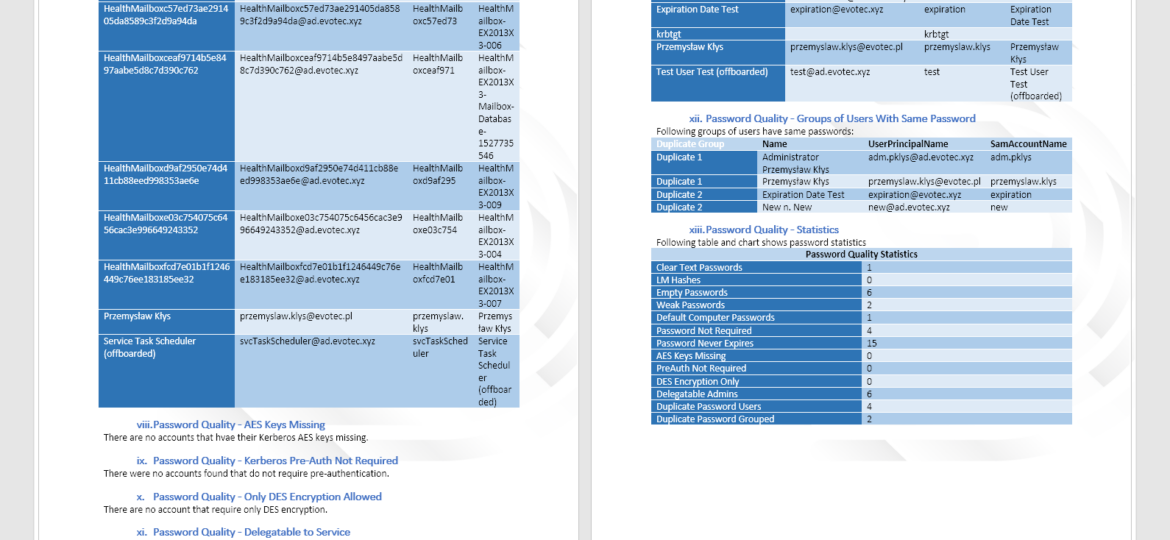I’ve been working with PowerShell Modules for a while now, and most of my knowledge about them came from Warren F (psCookieMonster) blog about Building a PowerShell Module. It is a handy piece of information and recommended read for anyone starting up writing PowerShell Modules. He introduces an idea where a module is stored in multiple folders Private, Public, Bin, Lib and so on and having YourModule.psm1 as a wrapper for functions, binaries in those folders, where each function is stored in its file. It’s an excellent concept, and I use it every day. It allows me to jump into a file quickly I want to find and fundamentally easier for development, especially in teams.
powershell
It’s been less than 24 hours since I’ve released PSBlackListChecker with support, among other improvements, for Microsoft Teams and Slack and I’m now adding Discord to the mix. Discord was a popular request (well not really, just one person asked, but let’s pretend everyone loves PSBlackListChecker so much that they are too shy to ask for feature requests!).
If you’re paying attention to what’s happening around the world now you probably know Have I Been Pwned service by now. You probably know that it has huge lists of hashes of passwords that leaked out over the years from different services (LinkedIn, Adobe, and so on). This means those passwords are now in possession of good guys, but also bad guys. With Active Directory being often a central place to store your password that allows you to access your Office 365 account, ADFS, Microsoft Exchange it’s important that your AD passwords is both secure and safe. Bad guys may want to try and access your email accounts or other data that’s available online. And having a list of passwords you or other people may have used before doesn’t help you in protecting your own data.

